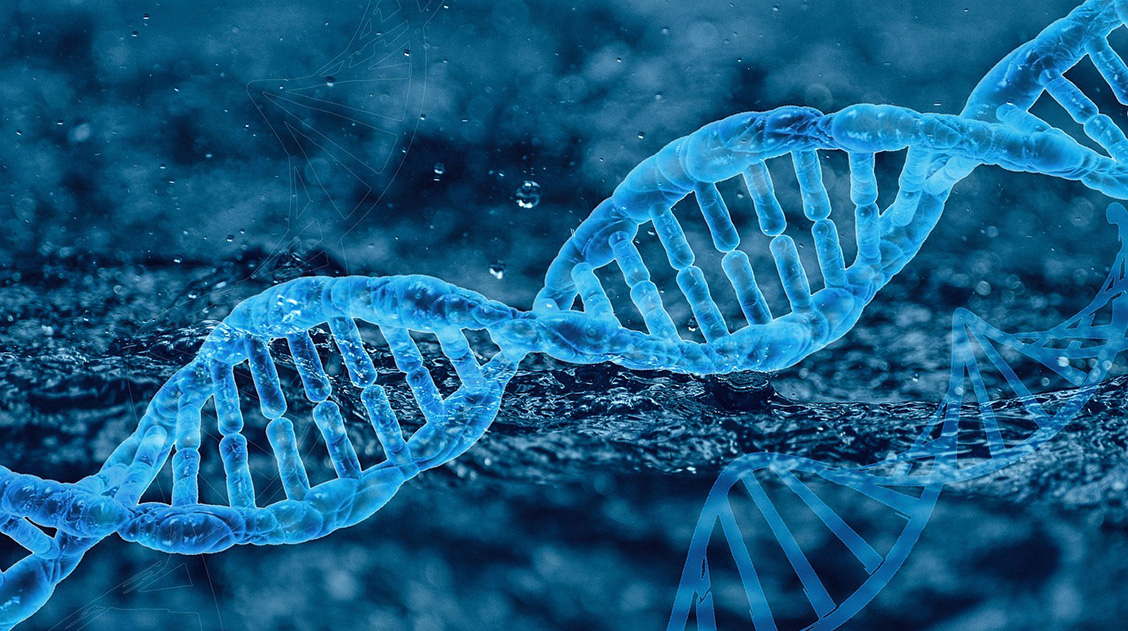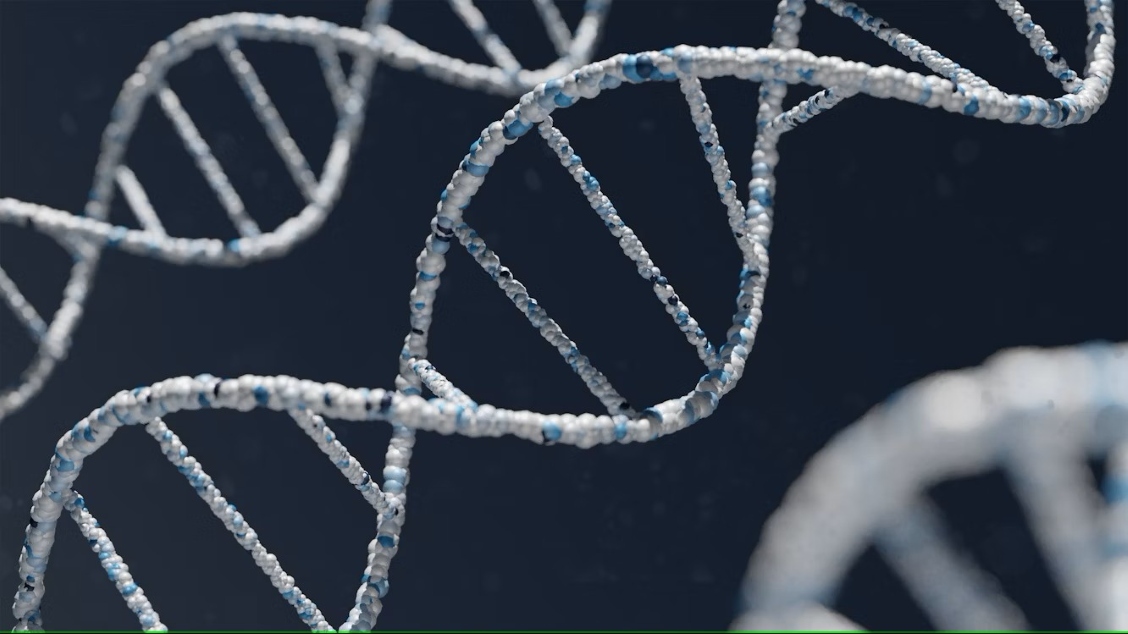
Cancer May Not Be Genetic
Last month, we featured important work on improving breast cancer survival on the blog. The article featured research by Dina Hany and co-authors. It revealed that adding the protein SPRED2 to tamoxifen treatment for breast cancer increased the percentage of patients who recovered.
There’s still an outstanding amount of life-saving research by MDPI authors out there. We want to draw attention to this work and provide a platform for important academic accomplishments.
Most recent work
The latest research to make a difference is a review article by Dr. David Wishart, professor at the University of Alberta. His work indicates that cancer may not be as genetic as once thought.
‘Cancer is genetic,’ says Dr. Wishart, ‘but often the mutation itself isn’t enough.’
In the review, he discusses that only 5–10% of cancers are actually caused by genetics. Evidence has been mounting for years that connects cancer with metabolism.
‘If we understand the causes of cancer, then we can start highlighting the known causes, the lifestyle issues that introduce or increase our risk,’ Wishart continues.
The review, published in MDPI Metabolites, provides an overview of the history of cancer diagnosis and current research in the field. Dr. Wishart then goes on to examine the likelihood of cancer being caused by genetic factors.
What causes cancer?
It has now been suggested that genetic, environmental, and metabolic factors are jointly responsible for cancer development.
-
Genetic causes (“genome”)
Everyone is born with DNA from both parents, and this provides instructions for molecule production and your unique features. It has been theorised by many scientists that genes are responsible for cancer occurrence.
-
Environmental causes (“exposome”)
It is well known that your likelihood of getting cancer can increase if you expose yourself to certain substances, such as tobacco and alcohol.
-
Metabolic causes (“metabolome”)
This is the least spoken about theory of cancer prognosis. Metabolism refers to how the body converts food into energy. The body does this using metabolites, substances that break the food down. A certain combination of metabolites increases the risk of cancer.
The importance of the metabolome
Genetic profiling can be a useful tool to discern the likelihood of cancer in an individual. However, there are 1000 genes that can become cancerous. It’s therefore difficult to predict decisively.
In contrast, according to Dr. Wishart, there are only four metabotypes associated with cancer. This is a landmark discovery that can change the way in which we diagnose cancer. It also makes it a lot easier to determine a person’s risk for cancer.
Thankfully, we can influence metabolism with lifestyle choices. Being active, avoiding drugs and alcohol, and eating healthily can all contribute to better metabolism and a lower risk of cancer.
Dr. Wishart goes on to say, ‘From the prevention side, changing our metabolism through lifestyle adjustments will make a huge difference in the incidence of cancer.’
The need for more breast cancer research
With these benefits, of easier detection and better insight into how to reduce the risk of cancer, this research review is critical to the future of cancer research.
In 2020, 2.3 million women were diagnosed with breast cancer. Contributing to the current research in this field means that we can work towards reducing this number. We can also provide better treatment options for those suffering from the disease.
There are currently many Special Issues related to cancer and its properties open for submission, including:
‘Targeting the (Un)Usual Suspects in Cancer’ in Cancers is open for submission until 30th June 2022. It covers approaches to target oncogenic signalling pathways, cancer stem cells, metabolic reprogramming, and long non-coding RNAs.
The Special Issue ‘Recent Advances in Cancer Therapy’ in Cells is open for submission until 15th August 2022. The scope of this SI is relatively broad, focusing on the latest research in the field of cancer therapy.
Moreover, ‘Evaluating and Improving Outcomes of Gastric Cancer Surgery’ in Current Oncology focuses on our current understanding of gastric and gastroesophageal cancer. You can submit your work until 1st September 2022.











This article highlights groundbreaking research by Dr. David Wishart, suggesting that cancer may not be solely genetic. Factors like metabolism and environment also play significant roles. This shift in understanding offers new opportunities for cancer prevention and treatment. Ongoing research, including Special Issues, aims to advance our approach to fighting cancer.
Hi,
Thanks for the taking the time to read our article and leaving this comment, it is much appreciated.
All the best.